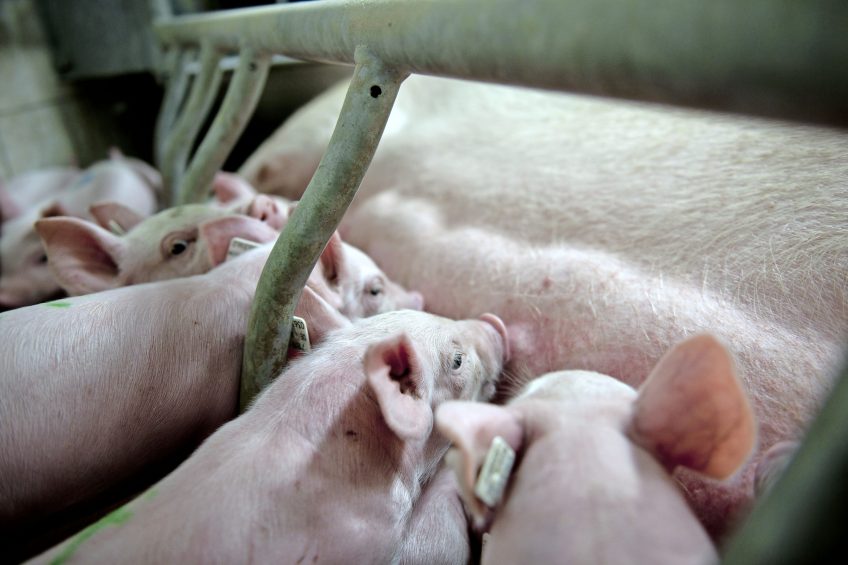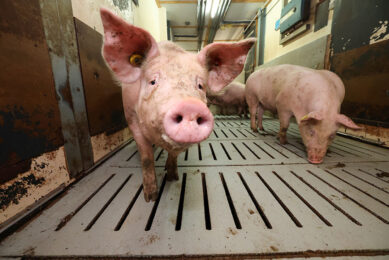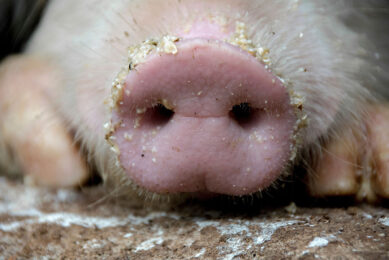Pigs can help improve IVF efficiency

In a trial involving female pigs, researchers from the University of Missouri, USA, have discovered that IVF efficiency can be improved for humans.
The researchers published the article in the Proceedings of the National Academy of Science.
R. Michael Roberts and Randall Prather, both professors of Animal Science at the University of Missouri, usually work with pigs to research stem cells and the mechanisms these cells use to proliferate, communicate and grow in the body. During an attempt to improve how they grow these cells, researchers in their labs discovered a method that uses a special liquid medium and improves the success of IVF in pigs.
Implanting embryos in pigs and cows
“It was a serendipitous discovery, really,” said Roberts in a news item that was published on the university’s website. “Generally, there are multiple steps to producing viable embryos that we can then implant in pigs and cows involved in our research; however, it’s costly and sometimes yields very little return. We were seeking a way to do that more efficiently and stumbled upon a method that may have implications in human fertility clinics as well.”
The article described how Ye Yuan, a former research assistant professor in Roberts’ lab, and Lee Spate, a senior research specialist in animal sciences, were tasked with increasing the efficiency and quality of piglet embryos before they are implanted.
Competent embryos for fertilisation
In one study, the team analysed various special growth factors used when culturing pig stem cells and added two factors – fibroblast growth factor 2 (FGF2) and leukaemia inhibitory factor (LIF). They found that this combination, when added with a 3rd factor – insulin-like growth factor – created the special fluid environment that oocytes need to become competent for fertilisation and further development to embryos that could provide a successful pregnancy.
Together, the 3 compounds create the chemical medium called FLI, which could improve both piglet and human IVF treatments; a patent application has been filed to encourage commercialisation of the new method.
Doubling the efficiency of oocyte maturation
“It improved every aspect of the whole process and almost doubled the efficiency of oocyte maturation,” Roberts said in the news article on the University of Missouri’s website.
“Whenever you’re doing science, you’d like to think you’re doing something that could be useful. When we started it wasn’t to improve fertility IVF in women, it was to just get better oocytes in pigs. Now it’s possible that FLI medium could become important in bovine embryo work and possibly even help with human IVF.”
The original scientific publication in PNAS was authored by Ye Yuan, Lee D. Spate, Bethany K. Redel, Yuchen Tian, Jie Zhou, Randall S. Prather and R. Michael Roberts, University of Missouri, MO, United States.
Join 18,000+ subscribers
Subscribe to our newsletter to stay updated about all the need-to-know content in the pigsector, three times a week. Beheer
Beheer










 WP Admin
WP Admin  Bewerk bericht
Bewerk bericht